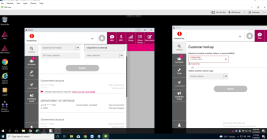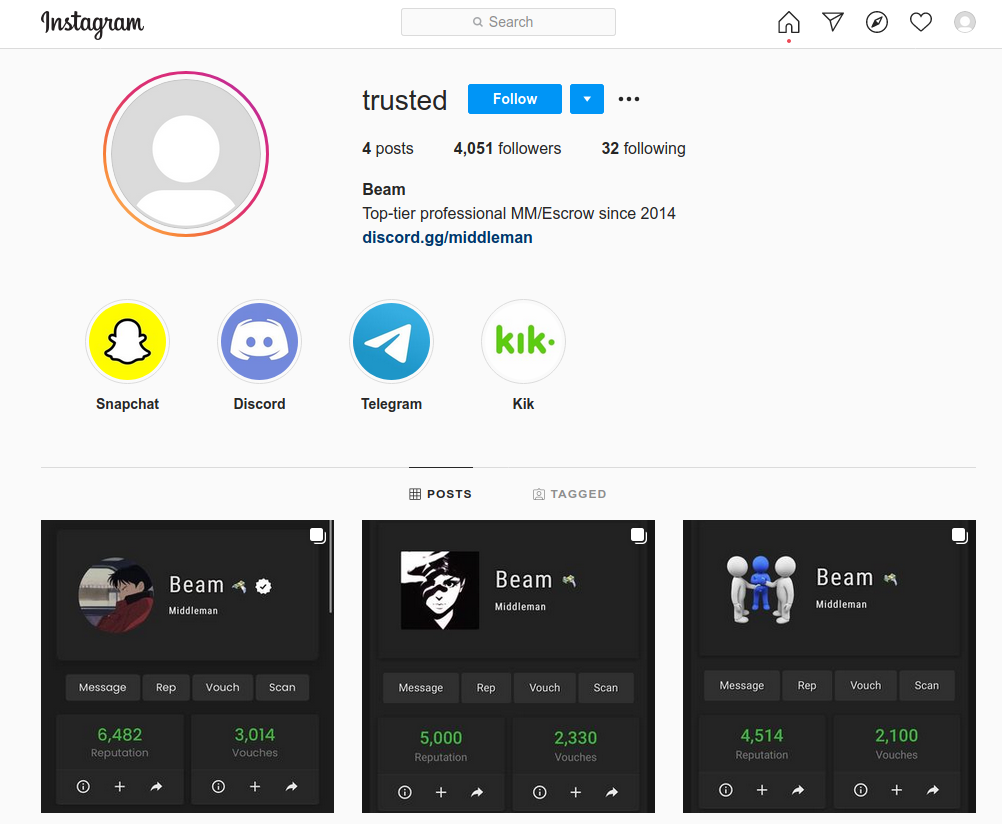Violence-as-a-Service: Brickings, Firebombings & Shootings for Hire
A 21-year-old New Jersey man has been arrested and charged with stalking in connection with a federal investigation into groups of cybercriminals who are settling scores by hiring people to carry out physical attacks on their rivals. Prosecutors say the defendant recently participated in several of these schemes — including firing a handgun into a Pennsylvania home and torching a residence in another part of the state with a Molotov Cocktail.











